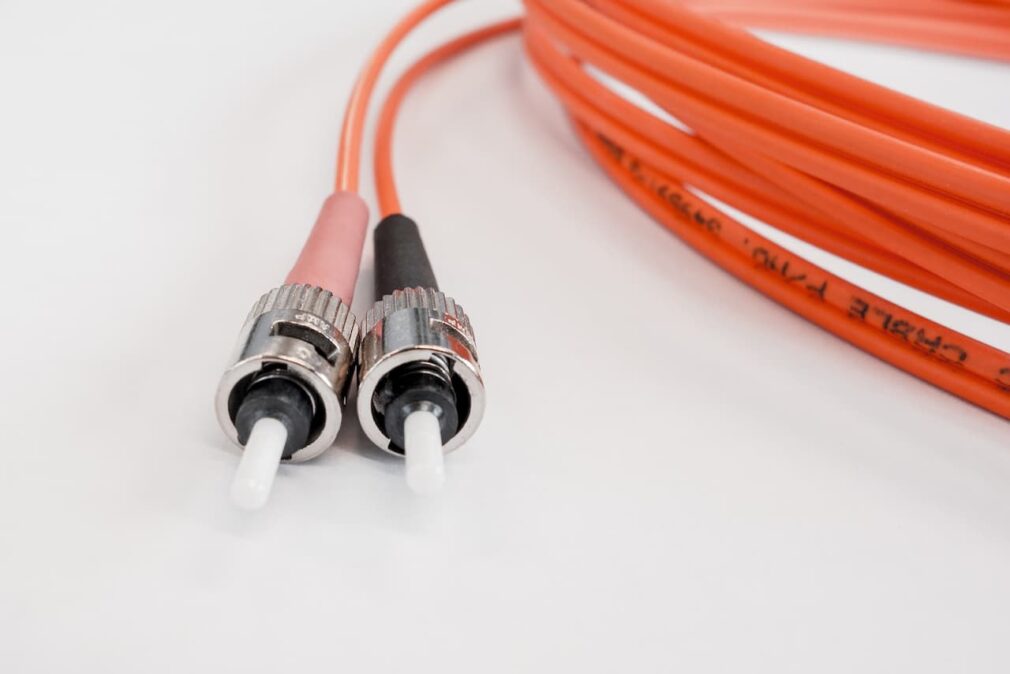We want to help you figure out how to do your coding homework fast and correctly. By reading our article, you will know how to be effective. If you need assistance with programming tasks, consider reaching out to an assignment writing service that will let you delegate difficult homework to professional coders.
Best Tips to Do Your Coding Homework
- Start early
Give yourself enough time to complete the task without rushing by starting early. This helps you avoid the pressure of deadlines and allows you to take your time to understand the prompt and plan your solution effectively.
- Read and understand the prompt carefully
Before you start coding, reading and understanding the prompt are important. This will help you identify the problem you need to solve and the requirements for your solution. Take the time to ask questions and clarify any ambiguities to ensure you’re on the right track.
- Plan and organize your solution before coding
Take time to plan and organize your solution. This includes breaking down the problem into smaller, manageable tasks, creating an outline or flowchart, and determining the best data structures and algorithms. This step can save you time and effort in the long run by preventing you from going down the wrong path and having to redo work.
- Use proper coding conventions and documentation
Using proper coding conventions and documenting your code can improve its readability and maintainability. This includes using consistent indentation, commenting on your code, and following a standard naming convention for variables and functions. Documentation helps others understand your code and makes it easier for you to return to work later.
- Test your code frequently
Regular code testing is vital to catch errors and bugs early on. Write and run small test cases to check that individual parts of your code are working correctly, then test the entire program to ensure that everything works together as expected. This will save you time and effort in the long run by making it easier to identify and fix issues.

- Take breaks and come back with fresh eyes
Taking breaks and returning to work with fresh eyes can help you avoid burnout and improve your overall productivity. It also allows you to see your code from a different perspective, which can lead to new insights and solutions to problems. Regular breaks can also help you stay focused and reduce distractions.
- Collaborate with classmates or online resources for help and advice
Collaborating with classmates or online resources can provide valuable help and advice and improve your understanding of the material. You can ask for help with specific problems, share resources and knowledge, and learn from different perspectives and approaches. Collaborating also provides opportunities for peer review and feedback, which can improve the quality of your work.
- Practice debugging skills to identify and fix errors
Here are some steps you can follow to practice debugging skills and identify and correct errors in your code:
- Start by creating a test case that consistently produces the error. This helps you to isolate the issue and find the root cause.
- Pay attention to the error message and stack trace produced by the error. It provides information about the location and cause of the error.
- Add print statements to your code to display values of variables and check the flow of execution. This helps you to understand what’s happening in your code.
- Use a debugger to step through your code, set breakpoints, and inspect variables.
- If you’re using a library or framework, check its documentation for common errors and solutions.
- If you’re stuck, feel free to ask for help from classmates, online forums, or mentors.
- Debugging skills take time and practice to develop. Keep working on challenging problems, and you’ll get better over time.
Remember, debugging is a process of elimination, so keep trying different methods until you find the solution.
- Reflect on your solution and identify areas for improvement.
Here are some steps to reflect on your solution and identify areas for improvement:
- Evaluate your solution against the problem statement. Check if your solution meets the requirements and solves the problem as intended.
- Check for readability. Make sure your code is well-structured, easy to understand, and follows best practices for naming conventions, commenting, and formatting.
- Scan your code for potential bugs that might cause problems in the future.
- Check for performance. Evaluate the performance of your solution and look for ways to optimize it.
- Consider alternative solutions. Think about other ways you could have solved the problem and compare the advantages and disadvantages of each approach.
- Read through industry-accepted best practices and design patterns, and see if they can be applied to your solution.
- Share your solution with others and get feedback on ways to improve it.
By reflecting on your solution and identifying areas for improvement, you can continuously improve your coding skills and learn from your mistakes.
Conclusion
These tips were helpful enough to start feeling more confident in your tasks. Good luck with coding!
